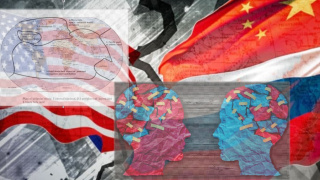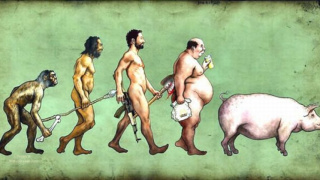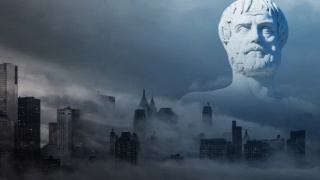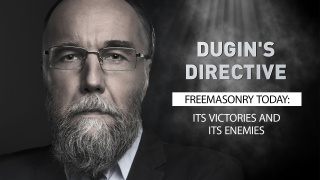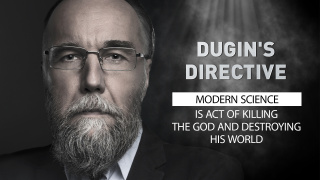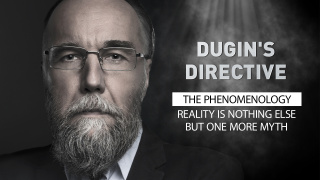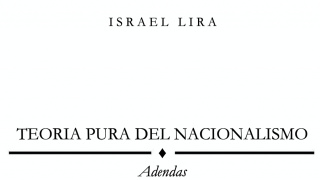Understanding a bare life
Survival is the most important concept of Spinoza. For him, it is associated with duration and life, as the ability to preserve one’s identity for a certain period. Ability = strength. Further, Deleuze, reflecting on Nietzsche, force = life. Survival is persistence in durability, perseverance. The will to last. Survivalism is a lifestyle aimed at only one thing – survival, which means, life for the sake of life, strength for the sake of strength.


